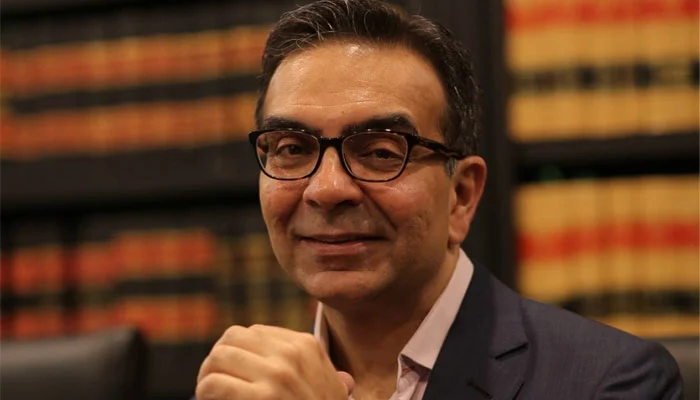During a conversation on Geo News program “Capital Talk,” the Minister for Energy, Mohammad Ali, made some significant statements regarding the challenges faced by the government in providing affordable electricity to the public. He emphasized that until there is a reduction in the prices of petrol and the US dollar, it is impossible to make electricity cheaper.
Ali noted that the government is currently working on addressing the issue of a 60% billing recovery rate, which is a major concern. He highlighted the efforts being made to improve this situation.
However, the International Monetary Fund (IMF) has rejected the government’s plan for relief in electricity tariffs, as reported by the Ministry of Finance. The IMF’s stance adds further complexity to the government’s efforts to lower electricity prices.
Minister Ali also discussed the challenges related to the exchange rate, stating that it is difficult to reduce electricity prices until there is a decrease in the value of the US dollar. He mentioned that in areas where electricity theft is rampant, they plan to carry out crackdowns.
Furthermore, he touched upon the importance of various industries such as Pakistan International Airlines (PIA) and steel mills, emphasizing that these industries cannot be shut down as they provide employment opportunities for millions of people. He also mentioned ongoing discussions regarding the issue of sugar smuggling and pricing.
In response to questions about the decisions made in the Senate and the National Assembly, the Minister pointed out that they have only been in power for three weeks, and decisions made before their tenure are not within their control. He specifically mentioned Senator Mushtaq’s presence during those decisions.
Minister Mohammad Ali highlighted the challenges the government faces in making electricity more affordable for the public. He emphasized the impact of factors like the exchange rate, petrol prices, and the IMF’s rejection of their relief plan. The government is actively working on improving billing recovery rates and addressing various economic issues while keeping vital industries operational.



